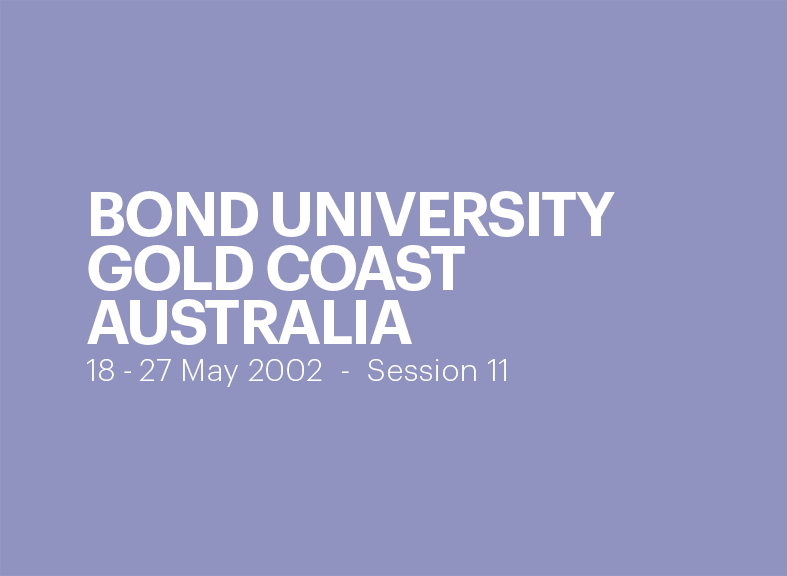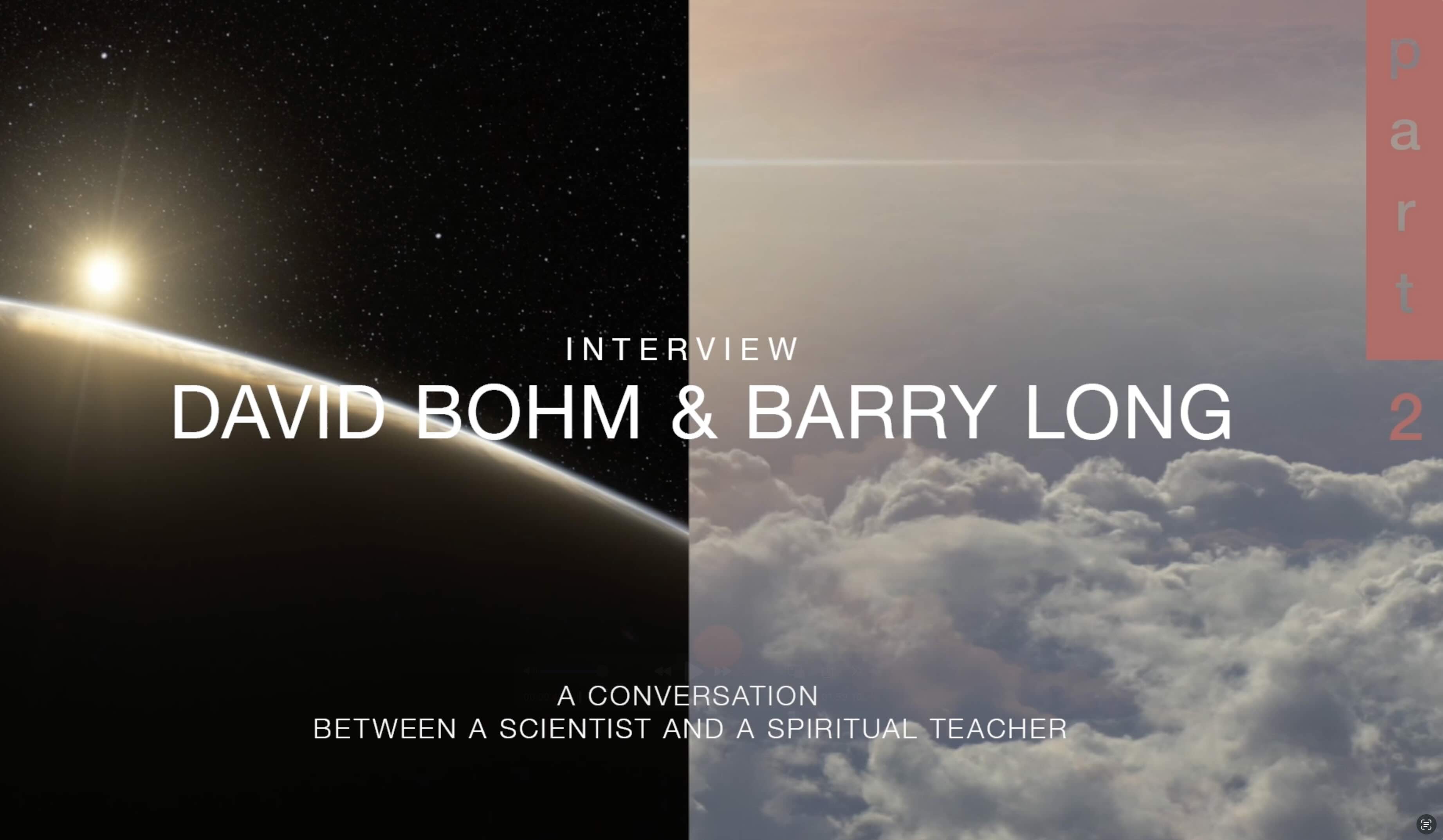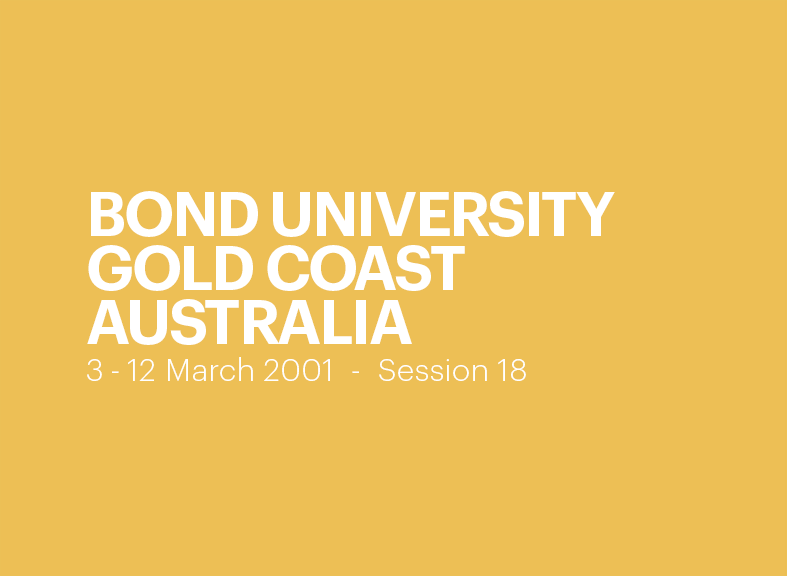How to Stop Thinking and Start Living
Recording 03 of 06
A practical teaching on dissolving the thinker and returning to wholeness
True freedom arises by surrendering thought and emotion to fully inhabit the body and live in the present moment. The mind, Barry says, is inherently negative and must be relinquished to access love, intelligence, and purity. By facing life directly without mental interference, one begins to live truthfully, love without attachment, and experience the divine within.
Stream unlimited with a subscription.
LENGTH: 1 HOURS AND 4 MINUTES
LANGUAGE: ENGLISH
YEAR RECORDED: 1995
PLACE RECORDED: SYDNEY, AUSTRALIA
MAIN TOPICS
The thinker, Emotional identification, Surrender, Love without attachment, Purity of the body, Addiction to thinking, Looking and thinking, Originality through presence, Gratitude to the source, Facing yourself without judgment, Being in the body, Stillness, Intelligence beyond thought, Responsibility for life
SUMMARY
In this talk, Barry delivers a deep and often provocative exploration of spiritual awakening, emotional responsibility, and the challenge of living intelligently in the present moment. He says that the root of human suffering lies in identification with thought and emotion—particularly the addictive nature of thinking—which disconnects individuals from their body and the pure awareness of the now. Barry says that true freedom and intelligence arise only when one gives up emotional reactivity and mental identification, entering instead into the stillness and intelligence of the body. He says that the body, when free of mind-made emotion and thought, becomes the gateway to spiritual truth, presence, and God.
Barry engages in a dialogue with audiences and addresses practical challenges in modern life—relationships, parenting, social expectations, poverty, and aging—always pointing back to the same core principle: that inner freedom and love arise from present-moment awareness and surrender to divine intelligence. Barry critiques societal illusions, such as the virtue of positive thinking, the glorification of intellect, and the role of charity, suggesting instead that clarity, simplicity, and love without attachment are the keys to living truthfully. Through personal anecdotes and humour, he dismantles inherited emotional patterns and urges the audience to live without justification or mental self-reference, reminding them that their life is their responsibility alone.



